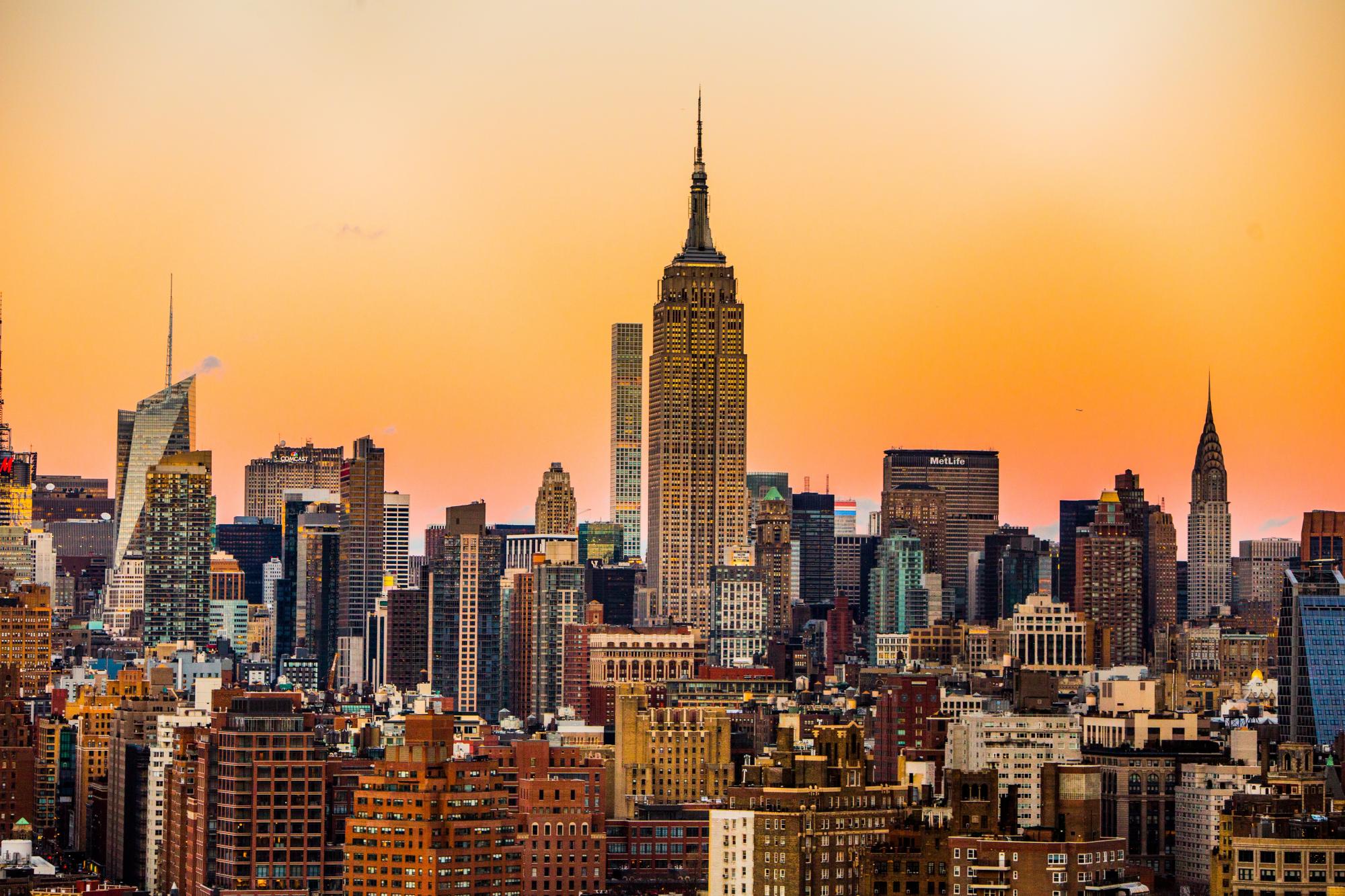New York's Airbnb rentals decline as a result of the new short-stay regulations.
Following the implementation of new laws governing short-term rentals, the home-sharing giant Airbnb said that it had to cease taking some reservations in New York City.
The new regulations are meant to essentially put an end to a situation where tenants and landlords were renting out their homes to visitors or other people staying in the city for brief periods of time by the week or the night. Advocates claim that this method has increased demand for homes in the city's already-scarce areas.
Rentals of less than 30 days are no longer permitted under the new system unless hosts register with the city. Additionally, hosts are required to make a commitment to be in the house with their visitor while the rental is in effect. Families are effectively prohibited as there is a limit of two visitors per party.
Platforms like Airbnb, VRBO, and others are prohibited from processing rentals for hosts who have not registered, and as of this week's first day, very few of them have done so. Just under 300 of the more than 3,800 applications filed, according to the city, have been granted.
In order to prevent flats from turning into de facto hotels, officials and housing activists who had advocated for the limitations claim that they are required.
In court, Airbnb opposed the regulations, claiming they were practically a prohibition and that they would harm travellers searching for inexpensive lodging.
The business was compelled to abide by the new regulations, however, and stated that as of August 21 it had ceased taking new short-term reservations from any hosts who hadn't produced a city registration number or proof that it was in the works. No short-term listing will be permitted on Airbnb's website without a registration number until the city's verification system is fully operational, according to the company.
As of January, there were 38,500 active non-hotel listings on AirBnb in New York City. Some hosts of smaller houses claimed that they were unfairly singled out and grouped alongside bigger apartment complexes.
The city passed the rules in January of last year, but they weren't implemented until last month due to legal challenges.
While New Yorkers who rented out their houses while on vacation received a financial bonanza, internet rental listing services also led to concerns about visitors filling up the city's limited supply of accommodation in residential districts.
Frequently occurring parties in rental rooms and buildings that suddenly seemed like hotels were complaints from regular renters. Investors bought entire townhouses or apartments in condominium buildings, then made a killing with illegal nightly rentals.
Airbnb advised New York City hosts to register with the city or, if feasible, switch to hosting long-term stays in the advice published after the court judgement last month.
(Sources: theguardian.com)

